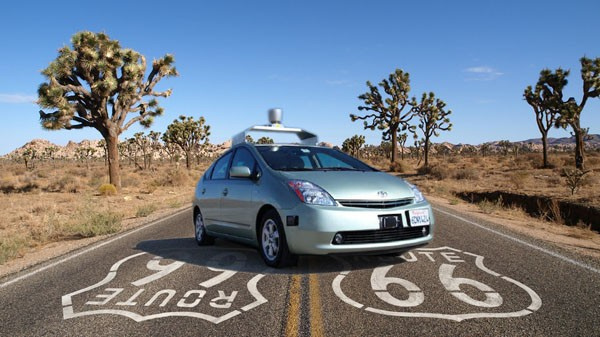
by Stephanie Rabinowotz | Oct 9, 2015 | Internet of Things
Imagine you are driving along your morning commute, there is slight traffic, but it is still moving at a decent pace. SUDDENLY the car in front of you comes to a complete stop causing you to skid into the back of their car! You get out of your car to exchange some not so nice words with the driver who decided to slam on their breaks causing you two to collide, but wait… there is no one in the car.
Driverless Cars.
Yep, its a thing.
Large companies such as Google have been developing driverless cars for years and they are now making an appearance on our neighborhood roads. I must admit it is quite amazing that a driverless car is even possible, but is it safe? Not only would passengers be putting their lives in the hands of a computer, but can a computer really drive a car as well as a human can? You may be laughing right now as I am sure we all know some pretty terrible drivers. The difference is that humans have instincts and can react in various levels rather than simply on/off or go/stop.
When a computer reacts to a possible threat it simply stops, there is no hovering over the break or easing, it is a complete halt. This is where we are finding issues with self-driving cars trying to drive alongside humans. Driverless cars are too cautious and need to drive more like humans do. Even if a driverless car is an excellent driver, it can still be at fault for a crash, but who determines this?
As a computer based system driverless cars are producing a ton of data, but who is collecting this data. If someone gets into an accident with a driverless car, who determines fault? I think this is where we can produce a whole new line of jobs- driverless car data scientists. There needs to be a team of people who receive the data produced from driverless cars and store it. This way when there is an accident the driverless car data scientists can quickly collect the data and determine if the fault was of the computer or the human.
If self-driving cars are going to continue to make an appearance on our roads, a team of data scientists the monitor their actions is definite necessity. What do you think? Do you think it is safe to have driverless cars alongside human drivers? Would you ride in a car that was being driven by a computer? Let us know what you think!
Check out how Data Scientists collect mass amounts of data and turn it into understandable information.
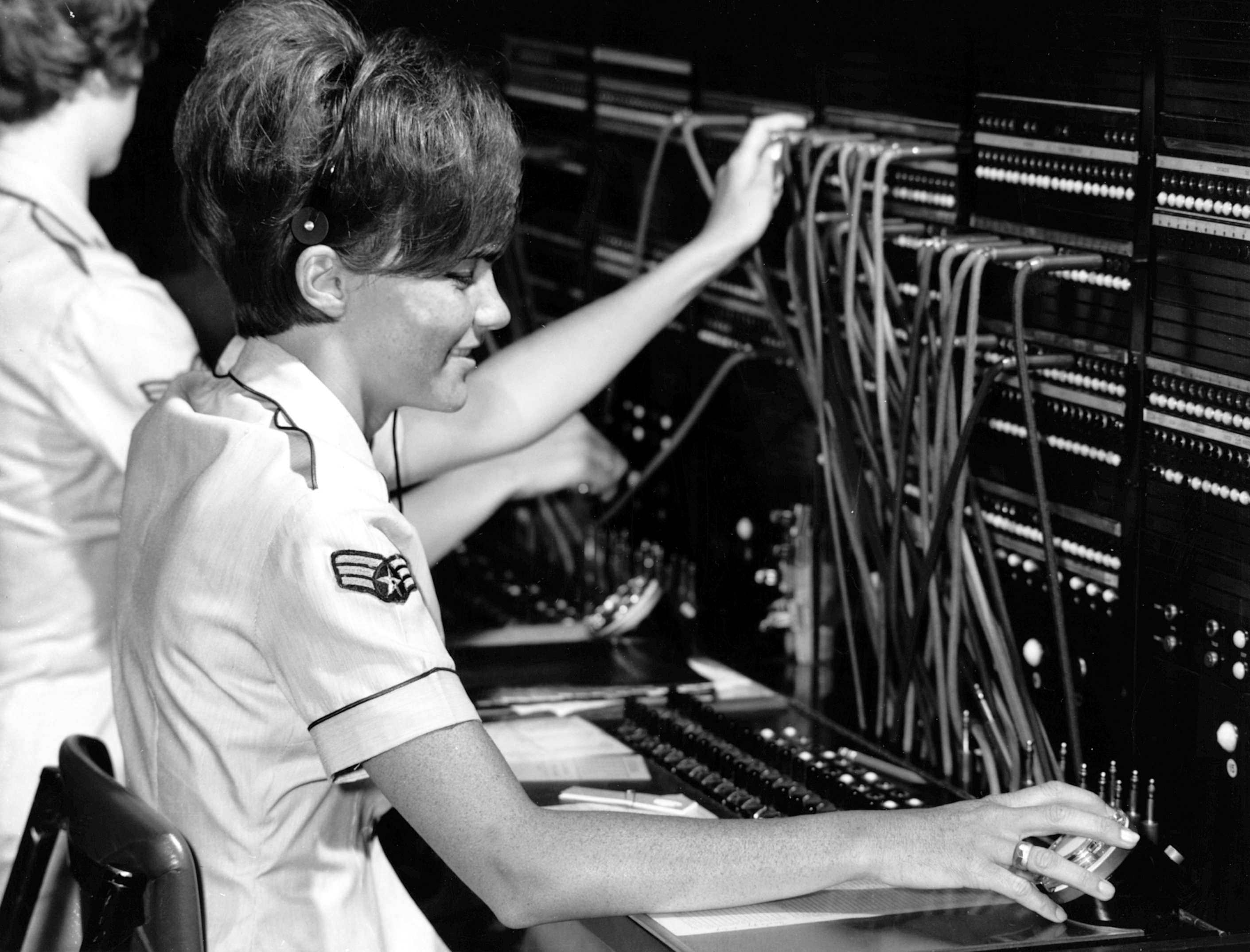
by Stephanie Rabinowotz | Oct 7, 2015 | Customer Satisfaction
Trying to operate in today’s world without utilizing optimization tools such as Big Data is like trying to drive a car with a flat tire. Although Big Data is not the answer to all of life’s problems, it is an incredible resource used to enable companies to perform with the utmost efficiency.
Zendesk, a software company that controls customer service calls and websites has learned how to utilize big data to perform where human intuition lacks. Customer service calls are usually unpleasant, for both the customer and the service specialist. Often times customers become very upset with the service specialist ( even though the service specialist usually has no control over the issue) leading the service specialist to drown out the yelling. The other issue is that not all angry customers yell, some can be very call and then turn around and write a horrible review about the company’s service.
With Social Media’s strong influence, a few negative tweets or posts can be devastating to a company’s reputation.
Zendesk’s hope is that their Big Data software will be able to pick out trigger words that have often been correlated with “dangerous” customers. If service specialists are given this information about unusually angry customer, they can make that customer a priority and hopefully solve any issues.
Some may think that it is a bit excessive to use a computer to determine if someone is upset, but sometimes emotions can be lost in translation. Customer service is not something that a machine can do , but when a customer service specialists uses Big Data as a tool for catching an emotions they may have missed, there is a good chance we can make the customer service experience much more enjoyable.
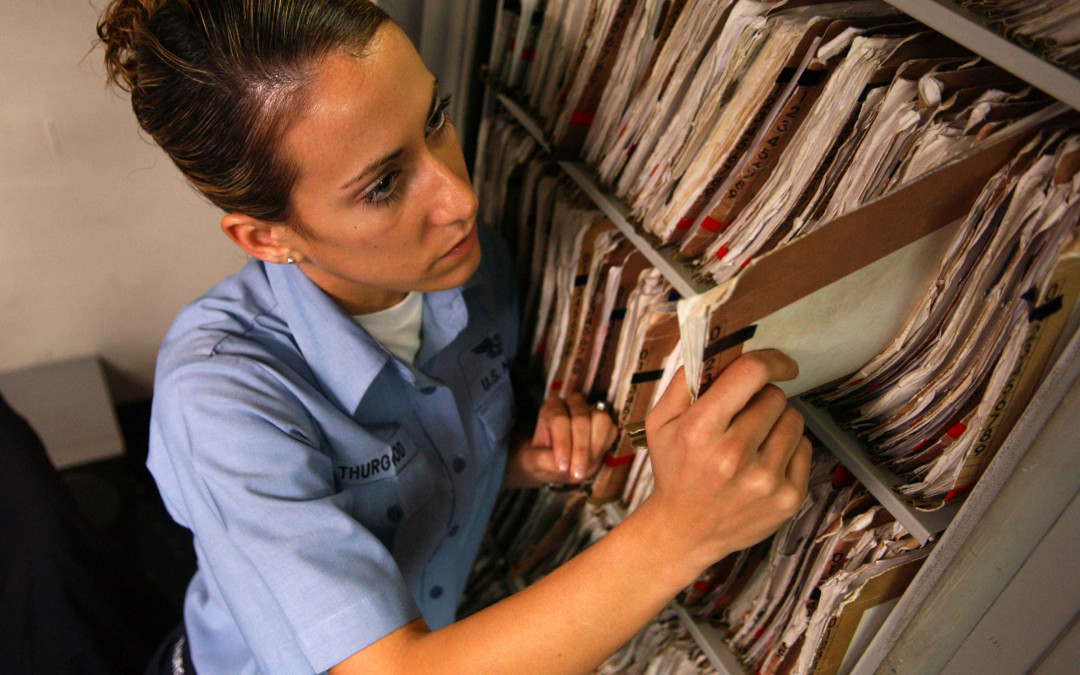
by Stephanie Rabinowotz | Oct 5, 2015 | Customer Satisfaction
In the medical field, time can be crucial. Think about an emergency room, doctors don’t have time to open up a book or research a patient’s symptoms when they are bleeding out on the table. A doctor must make a quick decision based on the information at hand. What if our doctors had quicker access to information? Information that is up to date and accumulated from other cases all over the world? Could we potentially save more lives if Big Data could provide doctors with the information needed to make faster, more accurate decisions?
Yes.
This is already happening as companies such as Cerner have taken their expertise in healthcare IT and combined it with the power of Big Data. Cerner and Cloudera have created a platform in which healthcare records and patient information can be collected and standardized. The more information we can gather and make sense of, the better we can understand symptoms and prescribe treatments. This tool can be used by doctors to quickly diagnose symptoms such as a blood disease and treat it accordingly rather than have to run multiple tests to reach the same answer. If our doctors can diagnose patients with less tests, the cost of a hospital visit will decrease dramatically.
Not only is the use of Big Data in healthcare records saving lives but it also has the capability of saving patients a lot of money. To learn more about how the healthcare system is utilizing Big Data CLICK HERE!
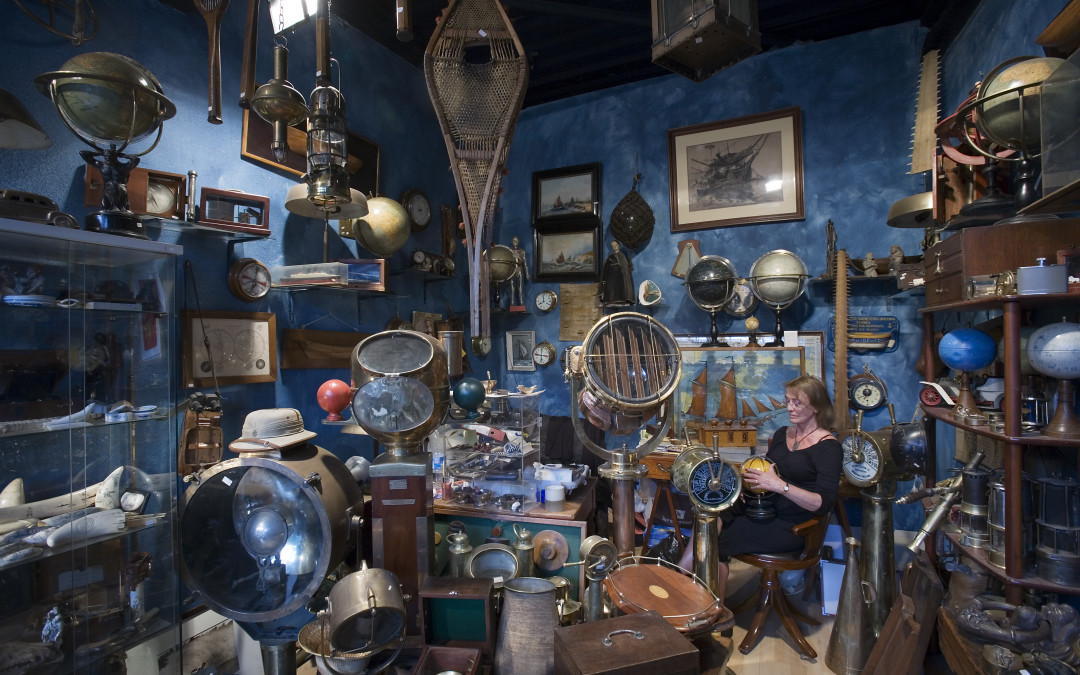
by Stephanie Rabinowotz | Oct 2, 2015 | Business Optimization
Big Data sounds great in theory, but do you have good or bad data? You may be wondering, ” you keep saying data is information and the more the better!”. Well that only applies if you are receiving good information. How do you find good information?
Data Analytics.
Think of it like a garage sale, usually a garage sale consists of large piles of junk that nobody wants anymore. If you bought the whole sale you would have a lot more stuff, but is any of it valuable? That is where the analytics comes it, if you know how to search through the junk to find that one antique that is going to make you a fortune, then it is all worth it! That antique is our good data!
But what if I don’t posses that unique skill of finding the antique in a pile of junk? That is where data analysts come in. You must make sure you hire a team that understand both data and analytics because one without the other is going to get you a lot of junk. Hire the treasure hunters, they are worth it.
Don’t be the company wasting all of your money on crappy garage sales, make sure you use your money to find the gold that is going to make you more money!

by Stephanie Rabinowotz | Sep 30, 2015 | Save With Data
Have you been noticing how the internet seems to know you? It is almost like you two are friends, knowing each others likes and dislikes. I guess it is kind of a one sided relationship, as the internet probably knows much more about you than you know about it. But that is a much more creepy analogy so let’s stick with the friends one.
Friends help each other out and always suggest products or places to each other, sharing information that would benefit one another. This is sort of what happens with the internet. The internet keeps track of what you buy or look at so it knows what products or interests to advertise to you.
Personally I find this saves me a lot of time. I have recently been planning a wedding and Amazon became my best friend. We would get together everyday. Amazon would listen to what I wanted to buy and then recommend other products I was completely forgetting about that went perfectly with the theme of my wedding. Amazon made it very quick and easy recommending the best products and even remembering my information so I didn’t have to find my credit card number for every purchase!
The reason Amazon is such a good friend is because of Big Data, they collect my data like a dear friend listening to my needs and save it to better know me. I hate to say this but I’m not Amazon’s only friend, they have a lot of friends they do the exact same thing with! Thanks to Big Data, my relationship with Amazon has been an effortless joy.








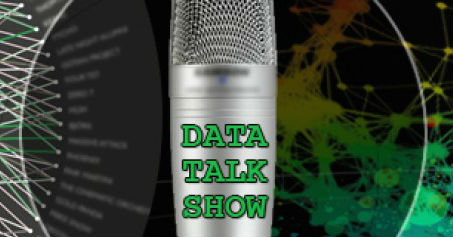


Recent Comments